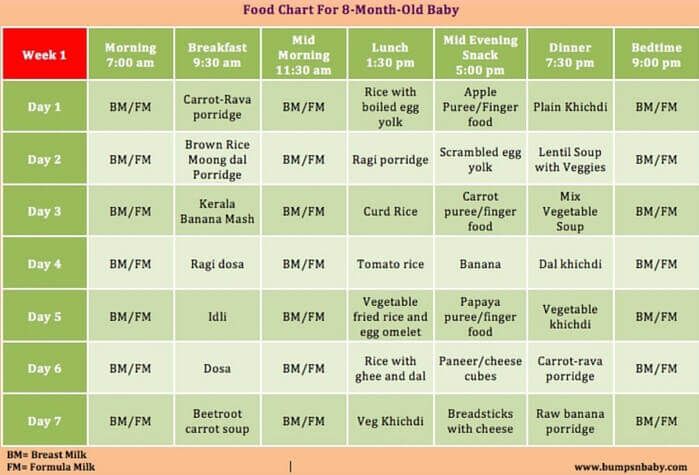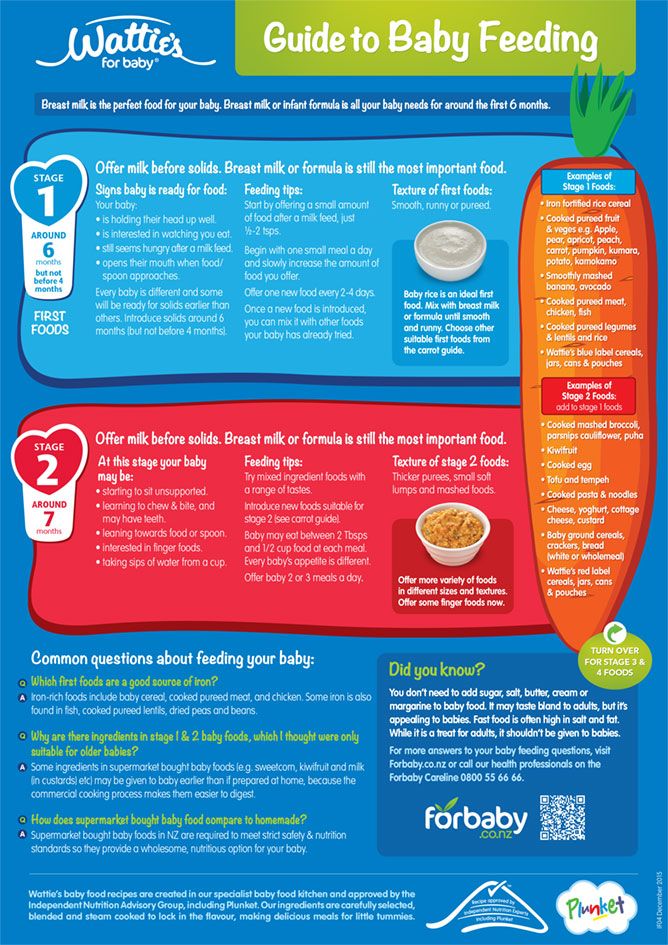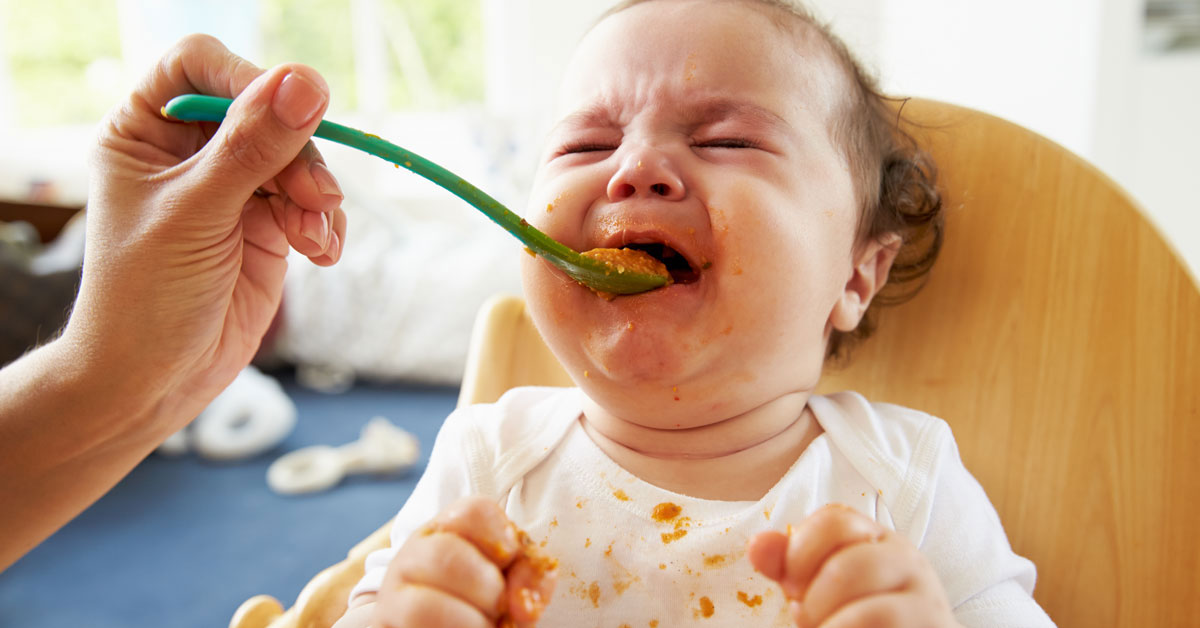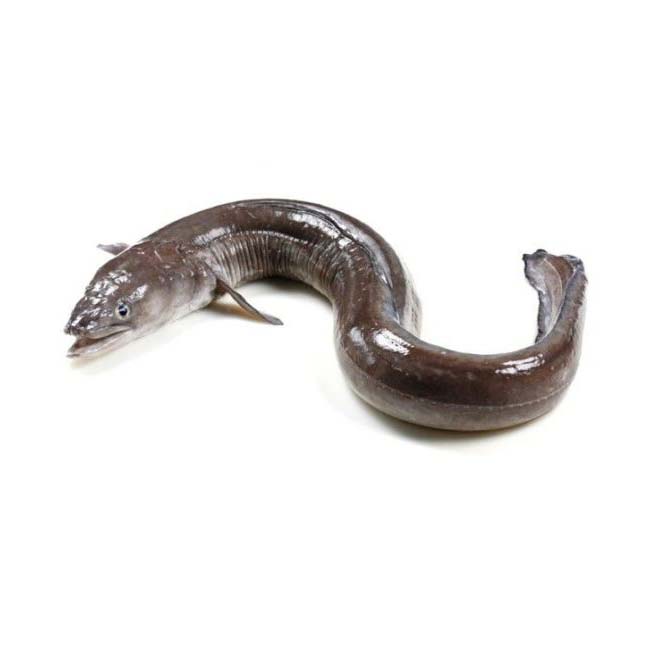How long can a baby mouse go without food
How Long can Mice go Without Food and Water?
When you see a mouse dart across your room, do you experience a fight or flight response? Whichever direction you go, when the moment passes, the next thought usually re-aligns the fight and flight responders: the food!
The presence of mice invariably indicates they are about to get into food or they have already found it. In your efforts to check the cupboards for infiltration, have you stopped to wonder how long mice can go without food or water?
How long can mice go without water?
Even though mice are dependent upon water for survival, the ways they can go about taking water in can be either direct or indirect.
Direct water
Mice can get direct water from streams, lakes, puddles, or other natural water sources in the wild. In your home, they can get that from water left behind in sinks, condensation around pipes in the walls, water in drains, or often overlooked sources such as pet water dishes.
Indirect water
Believe it or not, mice can go a month or more without directly consuming water. There usual mode of hydration is extracting water from the food they consume. Even foods that seem dry enough to us to warrant chasing it with a glass of water will have enough water to sustain a mouse.
How long can mice go with out food?
Mice are much more dependent upon food than water. They can only go 2-4 days without food of some sort. Keep in mind that this does not mean they need to sit down to a full fest. Mice like to nibble. They will likely eat a morsel or two and then maybe take a few for the road and be just fine. Find more details on what mice like to eat here.
Wild vs home
The amount of time mice can survive without food will depend a lot on the environmental conditions. For example, a mouse in the wild in cold fall temperatures having to sprint from one hiding place to another avoid predators will have high energy needs. While on the other hand, mice cozied inside of a predator free residence with a plethora of food close by will need far less energy.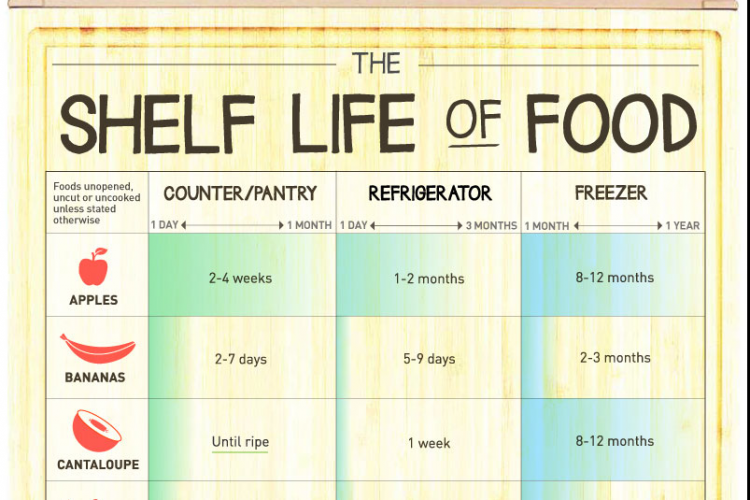
Starving them out
Once you have cleaned up scattered crumbs and sealed all food containers, can you be confident in a 2-4 day waiting game? Unfortunately, the answer is no. If mice have access to water instead of food, they can extend their survival time beyond the normal range. Most of our homes have more than enough water for mice in this regard.
Beyond the above survival mode, mice have other means of collecting food. Oftentimes, they will have at least a small store of food in some difficult or impossible to reach (by humans at least) places. In addition to storing food, they can also feed off of things such as live or dead insects, underground fungus, seeds, or even their feces.
Bringing it together
Food control is key to controlling mice, but is not the only answer. A constant supply of food can be the source for population expansion sustainment. Once food is protected, the next step is to put together trapping and/or baiting measures to take care of the mice at hand.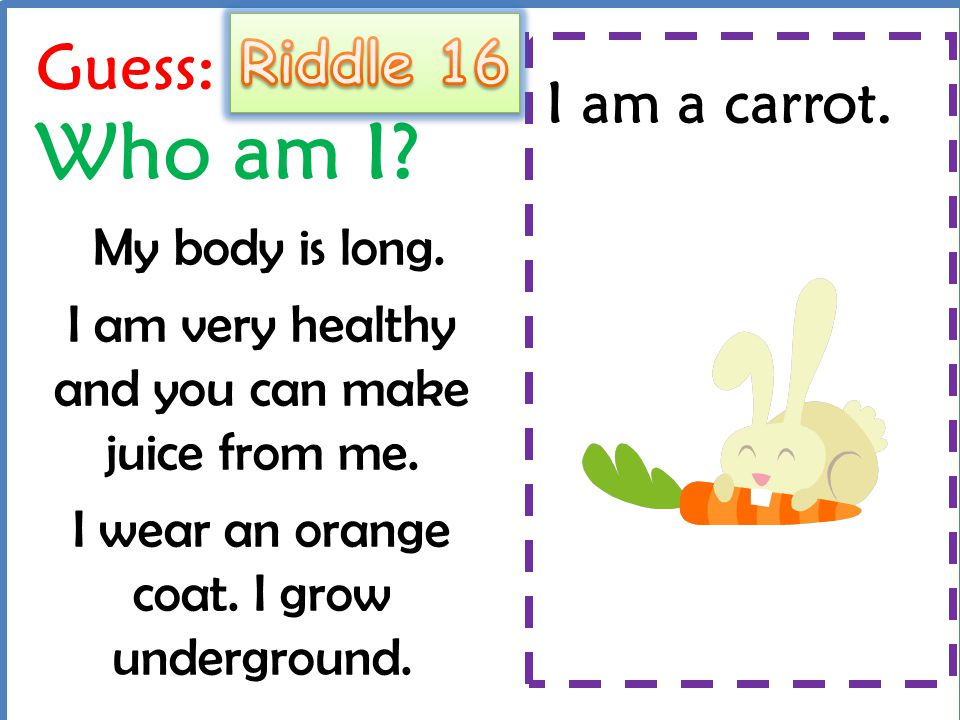 Finally, no rodent control is complete without blocking off the potential entry points.
Finally, no rodent control is complete without blocking off the potential entry points.
Consider a professional
If this is something that recurs or you simply don’t want to deal with it, don’t hesitate to reach out to a Rove Pest Professional to restore proper order.
A Baby Mouse’s Chance Of Survival – Wovo.org
A baby mouse can survive without food for up to three days. However, if it is not given food within this time frame, it will likely die.
It is possible for mice to go nearly a week without eating. This does not imply that they must eat everything they want. Mice require food because it contains digestive and water components. If you want to starve the rodents to death, you should keep them out of food. A mouse can live for two to three years, depending on where it is found. For months, they can survive without drinking water. Commercial hamster food can be softened by adding water, goat milk, or kitten formula.
Their typical lifespan is six months, but if they have good living conditions such as plenty of food, water, and no predators, they can stay for up to two years.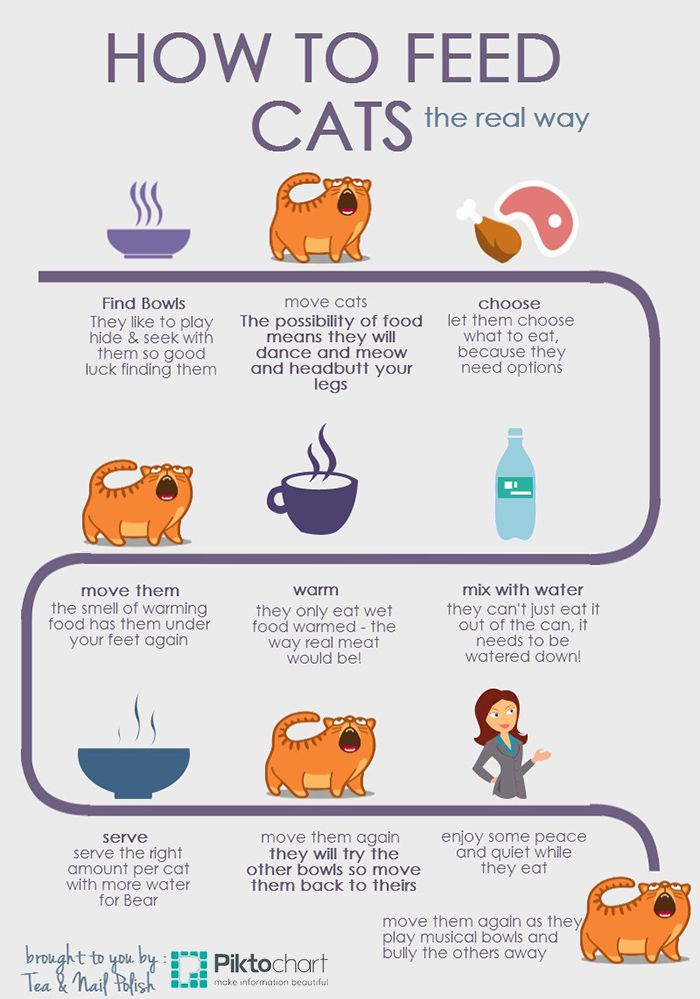 A pet mouse may appear to be an adorable addition to the household, but most mice are much like house guests.
A pet mouse may appear to be an adorable addition to the household, but most mice are much like house guests.
When the babies are young, they eat mother’s milk. As they grow older, mice begin to eat grains, fruits, and corn. This food is typically served to them by their mother. Mouse mothers continue to drink breast milk until they leave the nest, making this an unusual situation.
During the 21 day period between nursing and the pups weaning, they will be able to leave their mothers. Female mice can lay their own pups as soon as they reach two months old, when they are fully matured. When mice have grown sufficiently, they will begin their search for food. A mouse can consume a small amount of food 15 to 20 times per day, despite its small size.
Mouse lives in the outdoors for about a year on average. When they are housed in your home, they can live for up to 2 or 3 years. You may be thinking that you can wait for the mouse to die on its own but what about its babies and the babies of its babies?
How Long Does It Take For A Mouse To Starve To Death?
Credit: beezzly.![]() com
com
A mouse can starve to death in as little as three days.
How long does a mouse take to starve to death? Because they receive both digestive and water components, mice require both food and water. If you want to starve a mouse, make sure they don’t have access to food. For the normal course of mice, they can withstand no food for up to seven days. A single mouse can produce a litter of 5 to 10 babies. Female mice can produce 50-150 babies per year, according to the Centers for Disease Control and Prevention. Female mice typically have five to twelve babies in their first litter, and they can have up to ten litters a year.
Can A Baby Mouse Survive On Its Own?
Credit: petsoid.com
The baby wild mouse, on the other hand, is unable to fend for itself on its own, so raising it by hand is actually the most humane thing to do. Because it lacks basic survival skills as an adult, you should keep it in captivity as long as possible.
Their chances of survival are greatly reduced when they are left behind as children. A newborn’s survival chances are nearly zero if they are born as a result of their mother’s abandonment and never recover. Mothers usually return home within half a day, and if their pups are old enough to eat solid food, they usually return home with their own food. When you discover an abandoned litter of mice, there are things you can do to assist them. Mother’s milk is critical for baby mice to get the nutrition they require. If the mother decides to leave the pups around three weeks old, she has a greater chance of survival. On average, a mouse will take five minutes to fill up on formula or mother’s milk.
After you’ve given them food, you’ll have to teach him how to poop. The only thing you need to do is to obtain a cotton ball and soak it in warm water. Brush the cotton ball downward as soon as you’ve placed it beneath the mouse’s tail.
Pet rodents, on the other hand, are typically less aggressive than their wild cousins, and they can also carry diseases. Pests can become a problem if they are not properly cared for, causing damage to property or food. Wild mice can be captured at any time in their lives, whereas pet store mice must be captured when they are young because they cannot fend for themselves. Wild mice, on the other hand, have a longer lifespan than store mice and can provide a family with an entertaining and healthy pet.
Pests can become a problem if they are not properly cared for, causing damage to property or food. Wild mice can be captured at any time in their lives, whereas pet store mice must be captured when they are young because they cannot fend for themselves. Wild mice, on the other hand, have a longer lifespan than store mice and can provide a family with an entertaining and healthy pet.
Tips For Taking Care Of A Weaned Baby Mouse
When you find a baby mouse that is already weaned, it is much easier to take care of him. It is possible for mice to eat a variety of foods during the first week; however, Kitten Milk Replacer, Esbilac, or Enfamil 6 to 8 times per day are required. Once they’ve finished eating, gently brush their private areas with your finger, allowing them to use the bathroom. When there are more than one mouse, it is a good idea to rotate the food so that each mouse has a distinct type.
How Long Can A Mouse Live
Credit: beezzly. com
com
Mice typically live for about two years, but some may live up to four years in captivity. In the wild, however, their lifespan is much shorter due to predation and disease.
A mouse is about six weeks old when it reaches reproductive maturity. If they have good food, water, and no predators, the animals may be able to stay for up to two years. Male mice sing ultrasonic songs in order to attract a mate, and scent is used to detect pheromones, only other mice can detect this. A mouse’s lifespan is typically about five months on average. They can live for up to two years if their living conditions are optimal. They can survive for months without water by eating food, getting hydration from their food, or licking the condensation from sink pipes.
Will Mice Leave If No Food Source
When mice are not fed, why do they leave the food? Mouse biology all depends on where you live, and reducing the amount of food available for them to consume can deter them fromwreaking havoc on your property.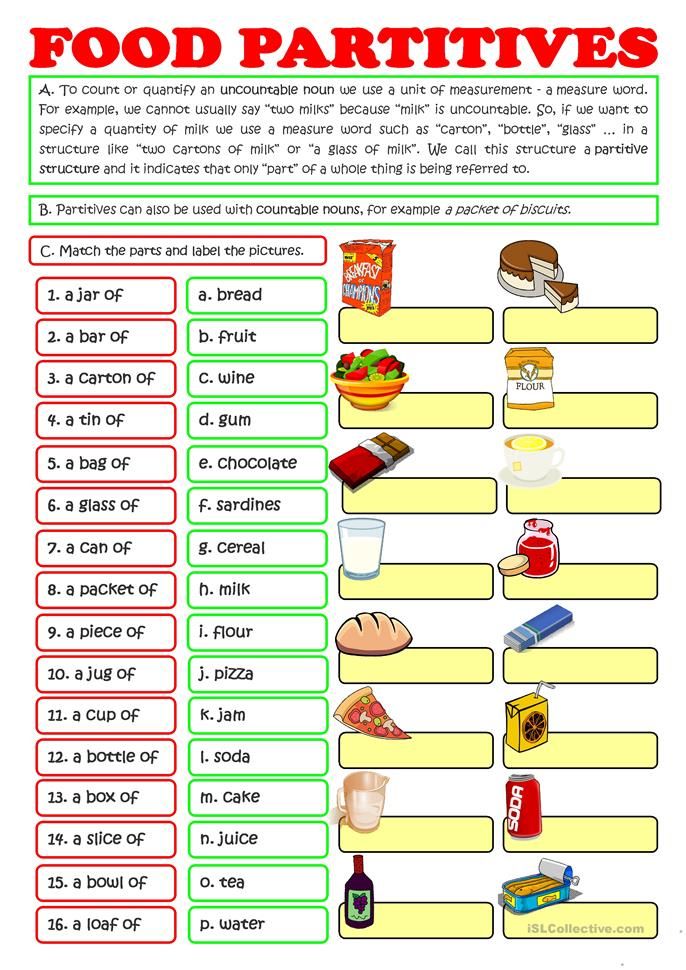
What Does It Mean When You Don’t Have Food For Mice? – Home Inspection Insider. Feeding mice, drinking water, and keeping them warm are the three basic requirements. In the first place, eliminate all food sources for the mice. We provide free quotes from certified pest control technicians in your area. In addition, many of the foods consumed by humans are highly appealing to mice. If a dust bin is to be kept in a cave, it must have tightly fitting lids that keep mice from climbing inside.
Houdini looks like an escape artist when mice bite him. It is a good idea to wash your cooking utensils, pots, plates, knives, and forks as soon as possible. There is no doubt that mice are persistent and have an excellent sense of direction. They can frequently find their way back into a home even after being removed. It is difficult for homeowners to determine where to put a barrier to keep mice from entering their homes by simply looking for holes and cracks that are suitable for mice. mice are frequently trapped using gluze traps.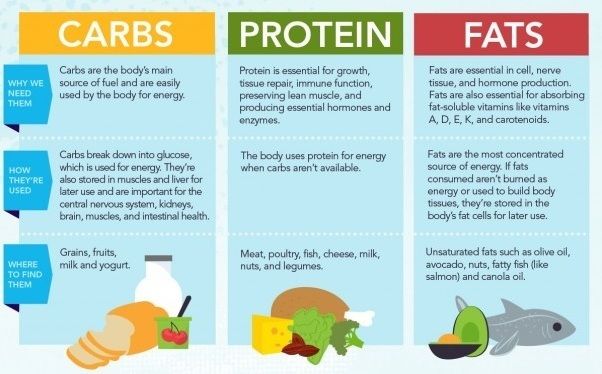 The mice will almost certainly perish if they are kept in a glue-coated enclosure, as glue mats their fur and burns their skin.
The mice will almost certainly perish if they are kept in a glue-coated enclosure, as glue mats their fur and burns their skin.
The goal of water traps is to prevent water from getting into a container, so they’re made of a slippery surface and water at the bottom. They have the ability to travel through the smallest cracks in the walls of most homes and are inventive and adaptable. If you need help getting rid of mice from your home, contact a professional. Why would you need Pest Control service? You can get free estimates from certified pest control technicians near you.
Even the most voracious mice are affected by the smell of human flesh when they die. In other words, if a human corpse is still alive, it is not uncommon for a mouse to attempt to eat it.
According to the Mail Online, one of the film’s directors had this to say. The animalist had never heard of mice actually attacking and eating a human alive, but he had heard of mice attempting to consume dead bodies.
Keeping sealed containers of food well-hidden is essential if you intend to store food. Don’t be afraid to remove a mouse from your home if you see one there. The animal may not appreciate your food supply, but it is unlikely to attack you.
Will Rats Go Away If There Is No Food Source?
Rats will not survive unless they receive a consistent diet. Rats will continue to live if there is no food source available to them. Food is usually not available to homeless people in abandoned houses.
Will A Mouse Go Away On Its Own?
They will not leave on their own. In the end, they must be vanishable. In many ways, you may believe that mice are drawn to filthy environments because rats are drawn to them, but house mice are also drawn to filthy environments because they are smaller versions of rats.
Can Mice Live In Attic Without Food
Mice are able to live in attics without food for a short period of time; however, they will eventually need to find a food source.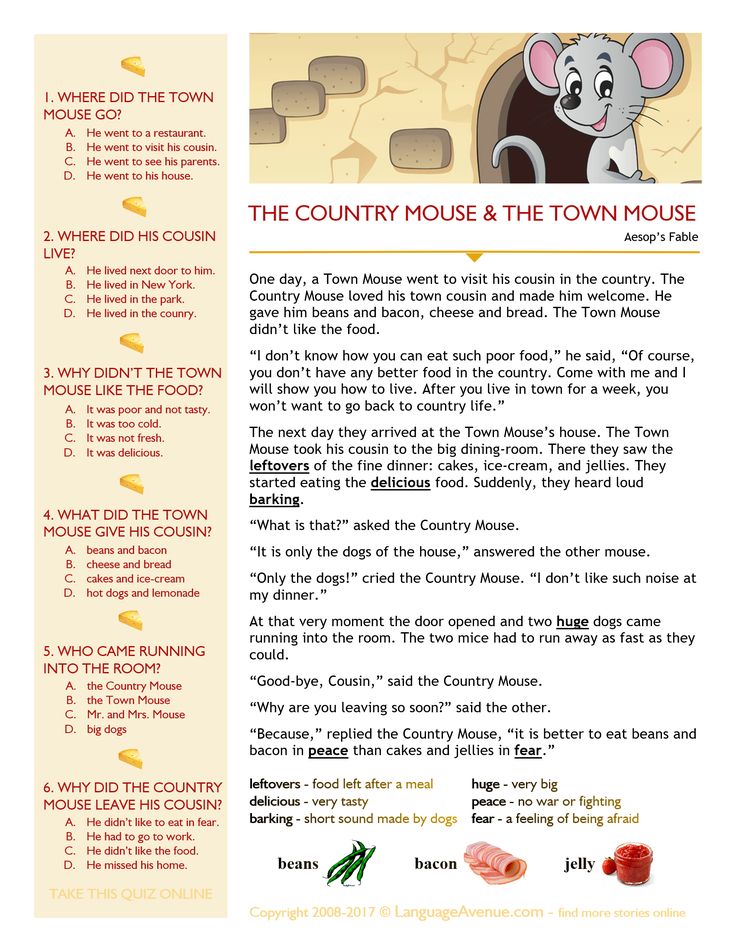 Mice are able to survive on very little food and water, so if there is a small amount of food available, they will likely be able to find it.
Mice are able to survive on very little food and water, so if there is a small amount of food available, they will likely be able to find it.
Many homeowners are surprised to learn that mice have managed to get into their ceilings and attics. Because mice are excellent climbers, it is not uncommon for infestation to occur in these spaces. It’s the first thing you’ll notice if mice are crawling around in your ceiling or attic. An infestation can also be seen if there are burrows and digging sounds. It’s a mouse problem, so you’ll need to remove tiles near the ceiling’s perimeter and install Victor® Hold-Fast glue trays. Aside from a mouse repellent, a ultrasonic broadcaster like the Ultra PestChaser® is also a good option. After a few weeks, the trays can be replaced with Victor’s Scent-AwayTM Repeller Drops.
How Long Can Mice Live In Walls
Mice can survive for months without water, which is why they are known as ‘living walls’. Without food, mice can only live for a few days or weeks at a time.
mice can live for up to two years in ideal conditions, according to the USDA. As a result, the length of time a mouse can live in a house can be significantly longer than what it would be in the wild. The presence of mice and other small pests can result in structural damage, electrical wire chewing, and transmission of diseases. Because mice and rats are nocturnal creatures, you may occasionally hear scratching noises in the evenings as the sun rises. Dead mice, which usually dry out in 10 days to 2 weeks, can be found in walls. Peppermint oil, cayenne pepper, and cloves are all smells that mice find unattractive. Animal dens thrive in warm, dry environments; there are no dangers associated with them. raccoons can be aggressive, whereas mice are less dangerous, but they are also disease carriers. If you’re dealing with rats in walls, use a trap-free method.
The Best Way To Get Rid Of A Mouse In Your Wall Is To Use A Live Trap.
It is critical to remove the mouse from your wall as soon as possible. Live traps are the most effective method, but there are several other options. If you’re looking to grab a mouse, there’s also a hose attachment that can be used with a vacuum cleaner. If you don’t have either of these tools, you can smother the mouse with a piece of paper or a cloth. If you don’t have access to a trap or a vacuum cleaner, try making noises or throwing objects at the mouse in order to scare it away.
Live traps are the most effective method, but there are several other options. If you’re looking to grab a mouse, there’s also a hose attachment that can be used with a vacuum cleaner. If you don’t have either of these tools, you can smother the mouse with a piece of paper or a cloth. If you don’t have access to a trap or a vacuum cleaner, try making noises or throwing objects at the mouse in order to scare it away.
If you have a mouse in your room, you must take steps to get rid of it.
Mouse Lifespans
Mice typically have a lifespan of 2-3 years. However, this can vary depending on the species of mouse. Some mice can live up to 10 years in captivity.
A pet mouse’s average lifespan is one to two years. Pets can live for up to seven years with proper care and genetics. Because mice are self-grooming creatures, it is best to leave the rodent alone if it is extremely old or contaminated. The brain and spinal cord are affected by LCM, as are the membranes surrounding them. Because it primarily affects young adults, they should not be in close contact with mice or hamsters. It is critical that cages be cleaned on a regular basis to prevent the accumulation of dried feces that can be blown into the air. Extreme temperatures, illness, and dehydration can kill mice and rats in a matter of hours. Sanctuary can provide them with a chance to live for up to two or three years. It is the only humane method of catching animals; live traps can be purchased from hardware stores and online.
Because it primarily affects young adults, they should not be in close contact with mice or hamsters. It is critical that cages be cleaned on a regular basis to prevent the accumulation of dried feces that can be blown into the air. Extreme temperatures, illness, and dehydration can kill mice and rats in a matter of hours. Sanctuary can provide them with a chance to live for up to two or three years. It is the only humane method of catching animals; live traps can be purchased from hardware stores and online.
The Pros And Cons Of Mice As Pets
If you want to buy a mouse as a pet, you should think about its lifespan. Because mice typically live three years, purchasing a mouse is a long-term commitment, so you should read the fine print before making a purchase.
Predators, poisoning, a lack of food, and other factors all contribute to the short life span of mice in the wild. Because of their care, the mice in captivity usually live much longer than those who do not. In the wild, they are thought to live only 12 months on average. They are more likely to fail if they are preyed upon by predators, poisoned, or lack of food.
They are more likely to fail if they are preyed upon by predators, poisoned, or lack of food.
Food Mice
It takes 6–7 mls of water to drink 6–7 mls of water for an adult mouse. Unsalted raw nuts, cereals, grains, seeds (e.g., flax seeds), breads, low-fat yoghurt, and cheeses, cooked wholemeal pasta, and brown rice should be regarded as treats only and should be given in extremely small amounts.
The mice are omnivorous creatures that consume whatever they can get their hands on. House mice prefer to eat insects and seeds, whereas deer mice can carry hantavirus. All of the foods containing carbs are preferred by mice. These animals’ bodies are very small and they must speed up. Sweet things such as chocolate can entice mice, who are drawn to fruits and other sweets. Why do mice chew through drywall? Mouse holes can be found in furniture, cabinets, and baseboards as soon as they are introduced into the home.
Mouse killers can be homemade with the same ingredients as regular mouse killers: sugar, flour, baking soda, and water. This is an effective method for removing mice from your home and is simple to set up.
This is an effective method for removing mice from your home and is simple to set up.
in nature and at home, what does it depend on? How long do white mice live
Mice are very curious animals. Someone does not like them and tries to get rid of them in every possible way, while someone does not mind keeping them at home. These pets are divided into wild and domestic. How long mice live depends on the species.
Life expectancy of mice at home
At home, they usually keep a mouse of a decorative breed. Such, as a rule, live longer than wild ones. With the proper quality of life, they easily live up to 2-3 years, and some even cross this line and reach the age of 5 years.
The lifespan of mice varies depending on a number of factors
Domestic animals live longer for a number of reasons:
- Living conditions.
 Mice are kept in cages that are always warm. In addition, caring owners always clean the inside and keep the pet's home clean, so that the development of various diseases is minimized.
Mice are kept in cages that are always warm. In addition, caring owners always clean the inside and keep the pet's home clean, so that the development of various diseases is minimized. - Nutrition. Domestic animals do not have to get their own food, as they get it regularly. Accordingly, they do not have such a state as starvation. The feed given to rodents contains the nutrients they need.
- Absence of predators. Mice are easy prey for many predators. At home, they are completely safe and are not even exposed to stress, which can be detrimental to them.
Mice are able to get along well with people
Most often, mice in the home die of old age, disease or genetic disorders. Otherwise, they can be considered quite tenacious.
Lifespan of mice in nature
How long do ferrets live in the home
In general, the age of mice in nature rarely exceeds 14 months, but more often it is about 10 months, which is more than 2 times less than that of domestic mice. This is influenced by a number of features of living in the wild:
This is influenced by a number of features of living in the wild:
- Predators. The big problem with mice is that they can be eaten at any age. They are hunted by snakes, birds, foxes, martens and other enemies.
- Food. In the summer, this problem is extremely rare, but many animals do not survive the winter without food. Accordingly, the lifespan of mice is limited to the season when they can eat.
- Climate. Mice are not very picky about living conditions, but despite this, they do not tolerate extreme heat, severe frosts, and temperature fluctuations.
- People. For some reason, it is also fashionable to call them enemies of rodents. After all, the latter constantly invade their home to find food or shelter. The person, in turn, sets traps, scatters poison and tries in every possible way to get rid of uninvited guests.
Rodents are able to survive in any conditions
It turns out that mice in nature are more likely to die from exposure to a number of factors, rather than their own death.
How long can they live without food and water
Food is an integral part of the life of any living organism, and rodents are no exception. In general, they rarely go without food, as they eat everything in a row. In the cold season, mice try to get closer to people, where you can always find something. If the animal does not have such an opportunity, then its average life span will be 10 days.
How long do red-eared turtles live at home
Rodents consume water not only directly from reservoirs, but also from succulent herbaceous plants. Accordingly, its shortage occurs extremely rarely. But if you leave a mouse locked in a cage without water, then it will not live more than 3 days.
For your information! Babies cannot drink on their own for the first 3 weeks of their life, they depend on their mother. And this means that one mouse will not live more than half a day.
How life expectancy depends on the breed
What mice eat in nature and at home - a list of products
How long mice live also depends on their type. The most common of them are homemade: decorative and white. They are worth considering in more detail. As for other popular breeds:
The most common of them are homemade: decorative and white. They are worth considering in more detail. As for other popular breeds:
- Vulcan. They can be kept at home. It is a fairly large specimen, the body length of which can reach 15 cm, and the weight is 60 grams. With proper care, it lives up to 5 years.
- Zebra. It got its name because of the striped wool. This breed does not differ in sociability and practically does not go to people, so they can be classified as wild. The life expectancy of such a mouse is about 4 years, but only on the condition that a person can still tame it. In nature, they are unlikely to be able to stretch so much.
- Baby. The smallest kind. They treat people with caution, very shy. At the same time, if it was possible to get a rodent, it is not difficult to establish contact with it. Their life expectancy is 3 years.
- Fuzza. A rodent that lacks outer hair, that is, almost bald. They get along better than others with people - they love to play and are very friendly.
 However, due to the lack of hairline, they have a specific smell, so they require special care. They live for about 2 years.
However, due to the lack of hairline, they have a specific smell, so they require special care. They live for about 2 years. - Satin. It is very rare and famous for its color. He makes good friends with people and lives for about 2 years.
- Gerbil. Another species that is often planted at home. They are sociable and, importantly, have practically no foreign smell. Sandstone are long-lived and can please their owner for about 5 years.
- Voles. Miniature mice living in meadows, in dense bushes, in vegetable gardens. Basically, people attribute them to pests, as they can destroy crops. If nothing threatens the field rodent, it can live up to 7 years.
Vole at home
Important! In order for a domestic animal to live a full life, it needs the appropriate conditions.
How long do white mice live
White mice are the most common, they are often sold in pet stores. They are good at interacting with humans.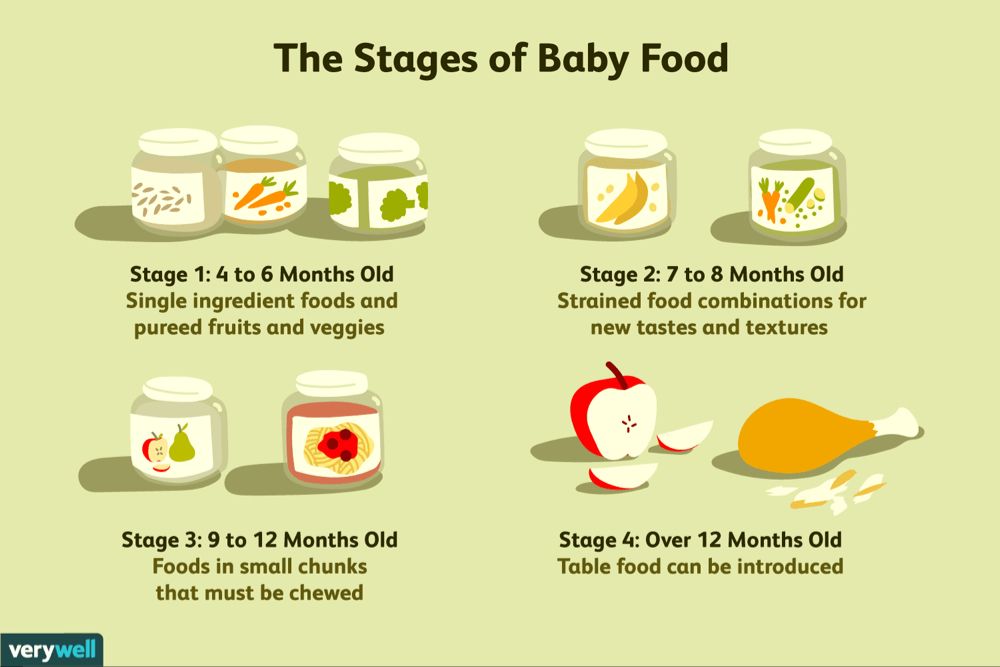 This species is bred in the laboratory and is a domesticated descendant of the house mouse. It is this breed that is used for all kinds of research.
This species is bred in the laboratory and is a domesticated descendant of the house mouse. It is this breed that is used for all kinds of research.
If this species is kept in good conditions and selected high-quality food, then it can live for 3 years. However, this number is often higher. The maximum recorded age for how long white mice live is 7 years.
White mouse (albino)
How long do decorative mice live
The decorative appearance has a thick monochromatic coat. There are black rodents, gray, sandy and brown. They are widely sold in pet stores. The size of such a rodent ranges from 7-12 cm, excluding the tail, and the weight is about 60 grams. On average, lives about 2.5 years.
It is important to take into account that these rodents are pack animals, so they take root better in the company, and accordingly, how long the decorative mouse will live will depend on this. It is worth starting individuals of the same sex, as they are able to purge all year round.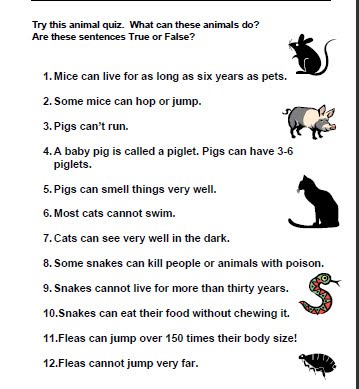
How to extend the lifespan of mice
First of all, life expectancy depends on the conditions in which the rodent will live. He needs comfort, namely:
- Space. The mouse will feel good in a spacious cage, where there will be a place to play. He also needs a house. Rodents love to hide and sleep in secluded places. To diversify the days of a pet, it is worth installing a wheel, shelves, a ladder, a rope in a cage. Such accessories will help him to engage in the necessary physical activity and entertain himself.
- Bedding. Sand and cotton wool are unacceptable for such animals. In the first case, there is a risk of developing lice, and in the second, discomfort in the form of an unpleasant odor and tangling of the paws. It is optimal to use sawdust, hay, shavings, peat crumbs. The layer must be at least 0.5 cm.
- Climate. Do not leave the animal in direct sunlight or in a draft. They do not tolerate it well and may even die. You also need to make sure that the mouse is not for a long time in the cold or heat.

- Walks. No matter how spacious the cage is, it is still cramped for a rodent. If possible, it is worth letting the mouse run around the house. However, you need to make sure in advance that nothing will harm him and that there are no places in the room where he could hide.
Fully equipped cage
Note! The rodent is not a friend to other pets, but rather a prey for many of them, so the cage must be kept in an inaccessible place.
How nutrition and care affect
Balanced nutrition and caring for your pet are the basis for a full and long life. If one of these factors is violated, the mouse may get sick.
As far as rodent care is concerned, no special skills are required. The main thing is to clean the cage in a timely manner and change the litter. It is optimal to do this 2-3 times a week, as often as possible. You can wash the cage with ordinary soapy water. It is especially convenient to clean structures with a pull-out tray.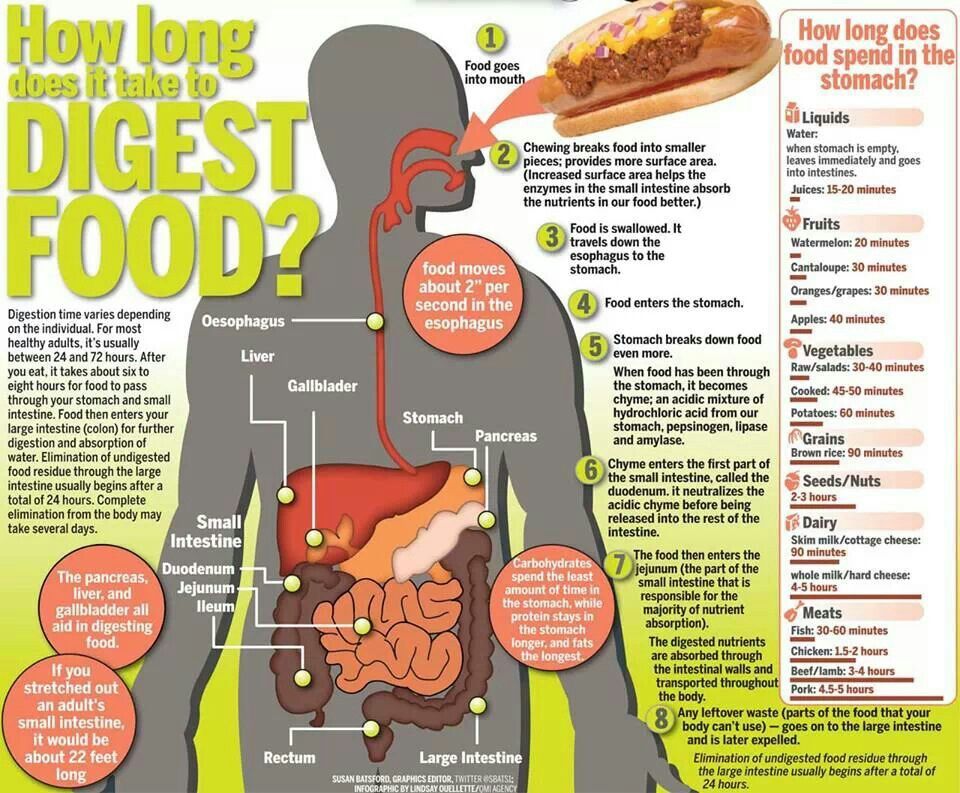 Thanks to such a simple rule, not only the animal will be healthy, but there will be no foreign smell in the house.
Thanks to such a simple rule, not only the animal will be healthy, but there will be no foreign smell in the house.
Under natural conditions, mice are omnivorous, but it is worth remembering that they live an order of magnitude less. In order for a pet to feel comfortable and be able to please for many years, he needs to eat right. Usually, ready-made mixtures in stores contain all the necessary substances in the right amount. However, it does not hurt to add wet food to dry food:
- apples;
- fresh grass;
- germinated grain;
- green beans.
If possible, butterflies, flies and cockroaches are beneficial to the diet.
Decorative mouse
Mice at home and in nature survive differently, which means that their life expectancy is different. Wild representatives exist on average for a year, and those that have settled in humans, on average, three years. To prolong the life of your pet, it is important to properly feed him, take care of the cage and provide optimal living conditions.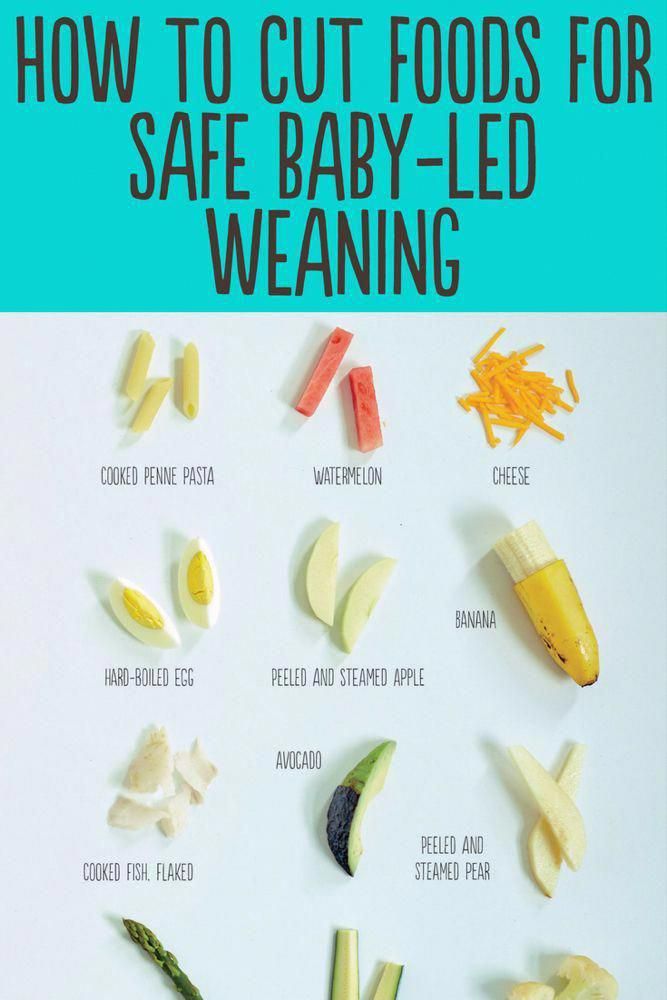
Author:
Liana - editor-in-chiefHow long does a mouse live without food?
How long does a mouse live without food?
Starvation is hard to bear - without food die in 3-4 days, without water - even faster.
How long can a Rat live without food?
Rats cannot stand hunger and thirst at all. Rat won't survive three days without food! Without water even less. Two days without life-giving moisture can kill a rodent.
How long can a decorative rat live without food?
Gray rats endure starvation severely and die without food after 3-4 days. Even faster they die without water .
How long does a gray rat live?
2 years in the wild
How long do ornamental rats live without food?
How long does a rat live without water and food Rodents have an accelerated metabolism, so in the absence of food they die after 2 days. A without water rat will live even less - if it is not possible to get it with food , the animal dies in a day.
A without water rat will live even less - if it is not possible to get it with food , the animal dies in a day.
How many years do ordinary rats live?
3 years
How long do Dumbo rats live?
Rats live approximately 2-3 years. Some individuals live up to 5 years. Rodents have excellent sense of smell and hearing.
What do rats eat?
The rat feeds mainly on food of plant origin (grass seeds, leaves, fruits of trees), but will not refuse delicacies in the form of small invertebrates.
How many rats does a rat have?
A female gray rat can bring the first offspring at the age of 4-5 months, and in a year she will bring 2-3 litters, up to pups each.
What kind of rats are there?
Common species rat
- Gray rat , or red rat (Rattus norvegicus) ...
- Tanned rat 900 9005 adustus ... 60173 Kinabuliyskaya rat (Rattus baluensis) .
